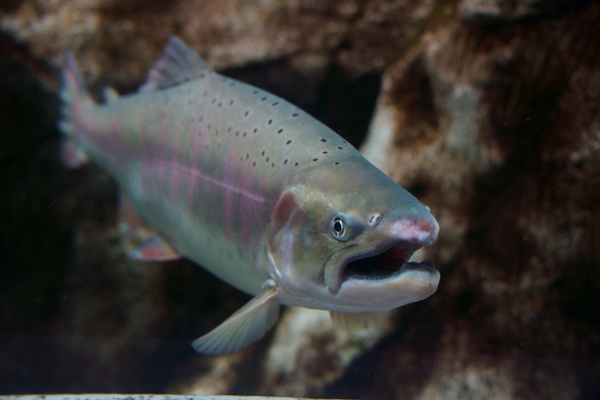Holyrood committee consults on ‘ecocide’ bill

Scottish Parliament building
Please Login/register for FREE to continue reading Fish Farmer
Your FREE registration gives you access to all our content: news and feature articles, regular and special guest columnists, Fish Farmer Magazine e-editions, yearbooks, archives, videos and more
or if you are already registered
Use the Login Box Below
(Can't remember your password? Click Here to reset your password
Marine Operative - Bakkafrost Scotland Limited
PA21 2DA£35,677.16 per annum
Deckhand (Argyll Net Washer) - Mowi Scotland
Argyll & Bute£28,258 to £31,648 per annum
Freshwater Advanced Husbandry Operator - Landcatch Ltd
OrmsarySalary On Application
HGV Driver - Mowi Scotland
RosythSalary On Application
Hygiene Operative - Night - Bakkafrost Scotland Limited
Cairndow£33,273.52 per annum




